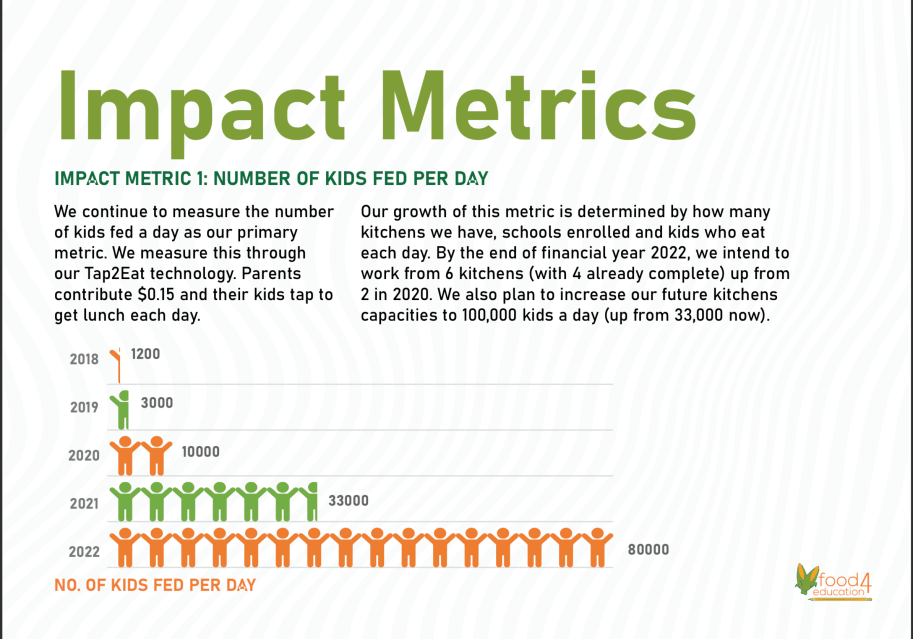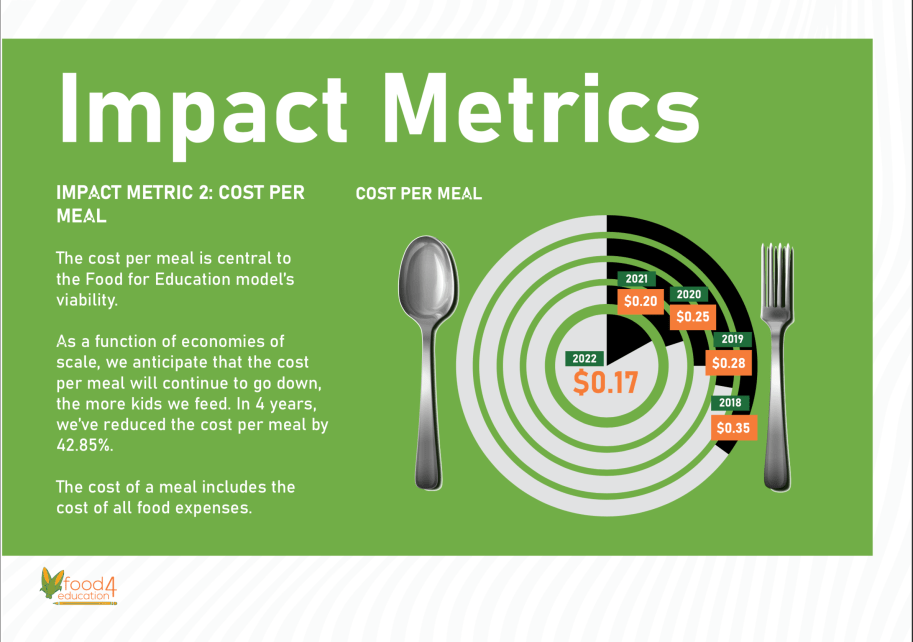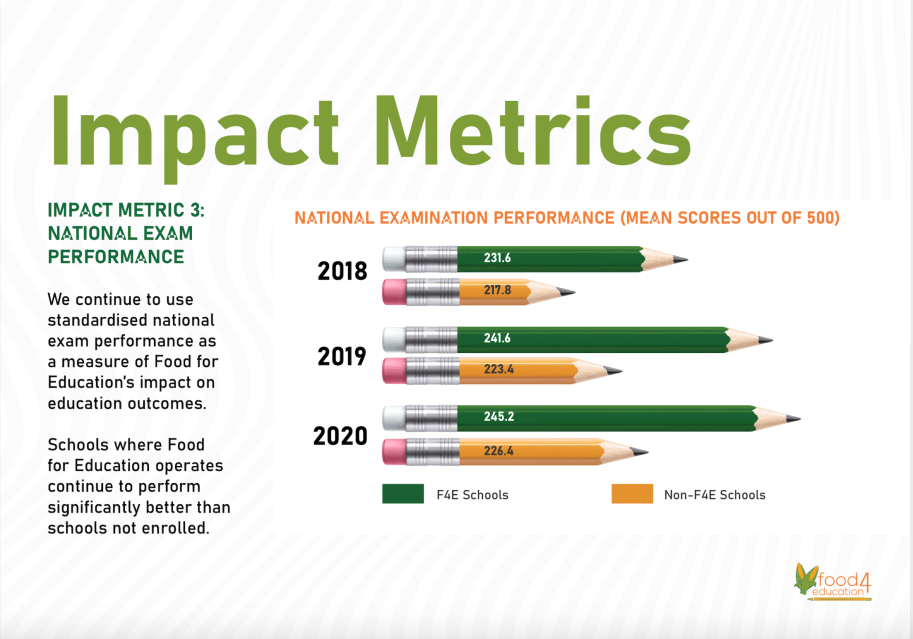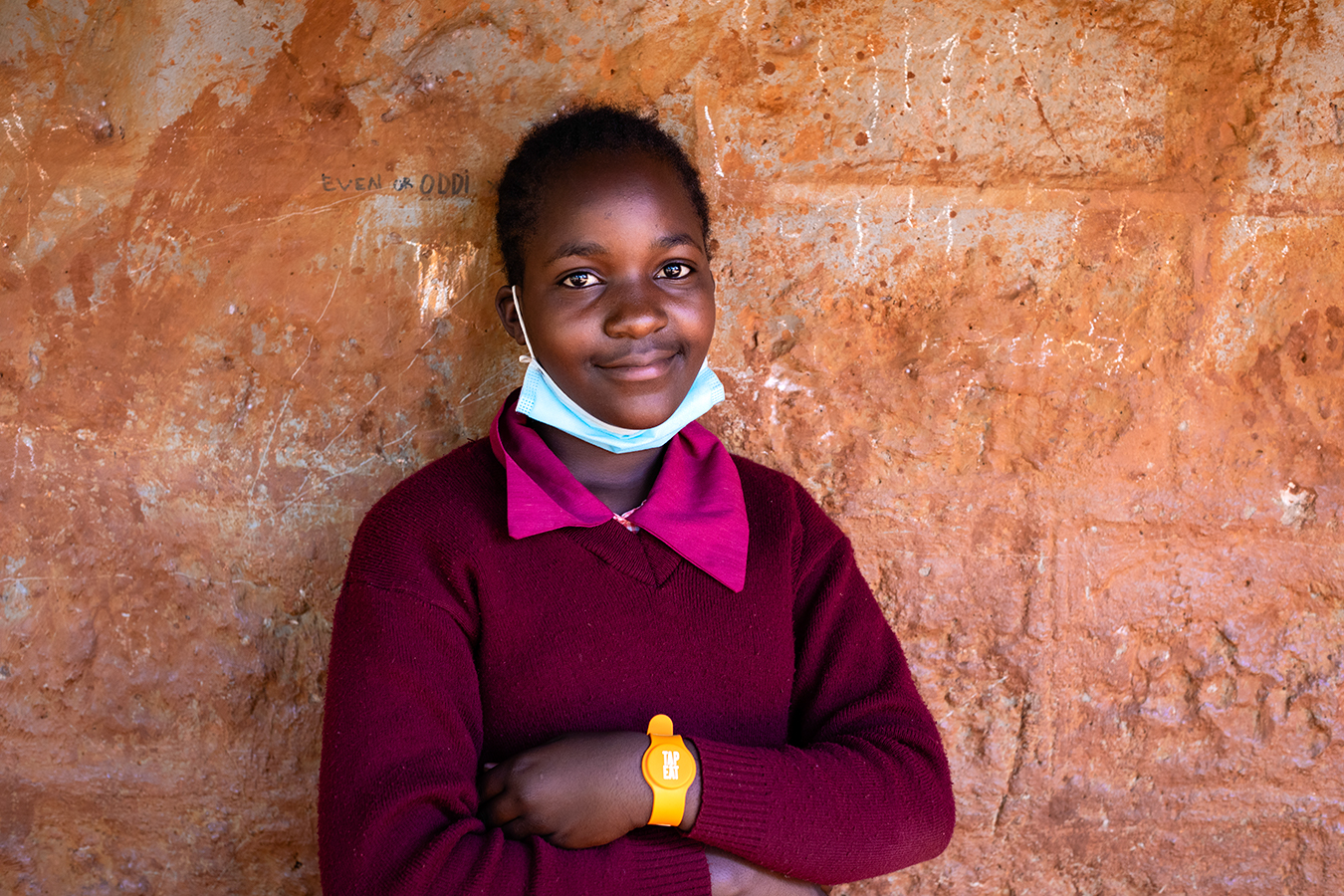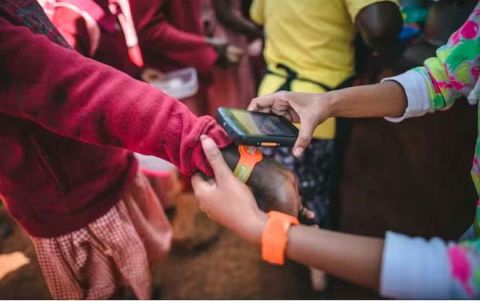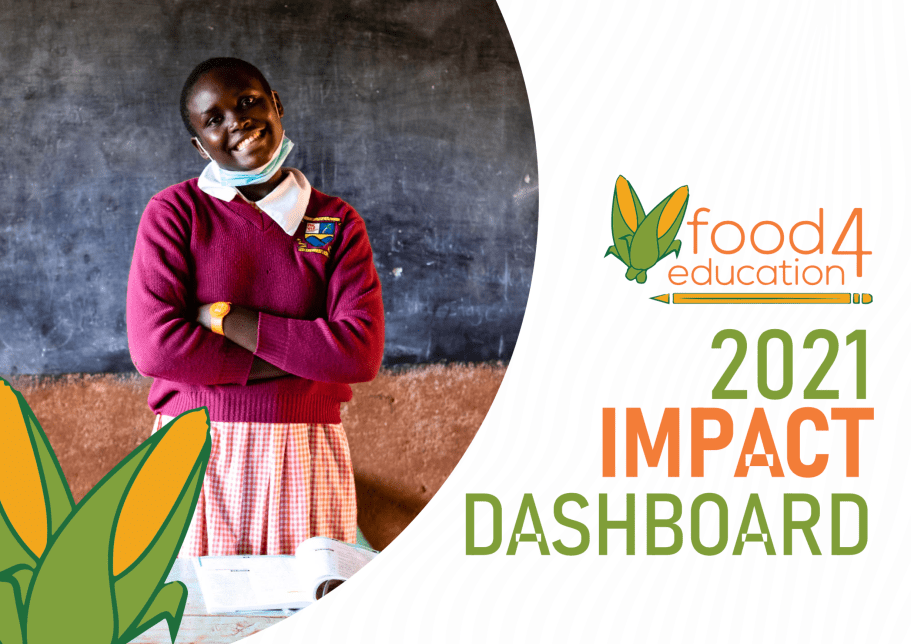
There is an ongoing paradigm shift towards investing in children throughout the first 8,000 days of life as there is currently under-investment in health and nutrition after the first 1,000 days. The window from conception to 2 years of age, known as the first 1,000 days, is critical to child health and development and a focus on this period is a well-established policy in many countries. We also recognise the need to support health and nutrition for the next 7,000 days to sustain the early gains; provide opportunities for catch-up; and to address phases of vulnerability, especially puberty, the growth spurt and brain development in adolescence. School health and nutrition programmes provide important means to intervene cost- effectively in the next 7,000-day period.
The Covid-19 pandemic has also led to increased food insecurity due to job losses, lockdowns, economic shutdowns and decreased spending on food. A preliminary study conducted in 2021 by Busara Centre for Behavioural Economics and Food for Education, shows that Covid-19 may have reduced spending on food by over 30%. With 51% of Kenyans already food insecure before the pandemic, the lower purchasing power of households has reduced the size and number of meals and pushed families to consider cost instead of nutritional value.
